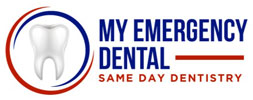Oral Surgery
Tooth Extractions
Extractions vary from a “simple extraction” to a “surgical extraction”. Simple extractions involve removing the tooth by applied pressure and elevation, with minimal trauma to the bone and surrounding tissue. Surgical extractions are necessary when the tooth is broken to the point where there is not enough tooth structure to apply pressure above the jaw bone level, or when the tooth has complicated root structure that requires sectioning prior to removal. It can also be required if the bone is “ankylosed” or fused to the bone.
*It is important to be aware that determination of whether or not an extraction is “simple” or “surgical” can depend on many factors and is subject to change once the procedure is started. We inform our patients up-front of the range in cost, as it can vary based on the level of complication.
At times, the extraction site must be packed with absorbent membrane or plug and sutured to prevent further complications. Your doctor will inform you of this and go over instructions of how to treat the site post-operatively.
Ask your doctor about options to replace a tooth, once extracted. There are many options. Let us help you determine what treatment is right for you.
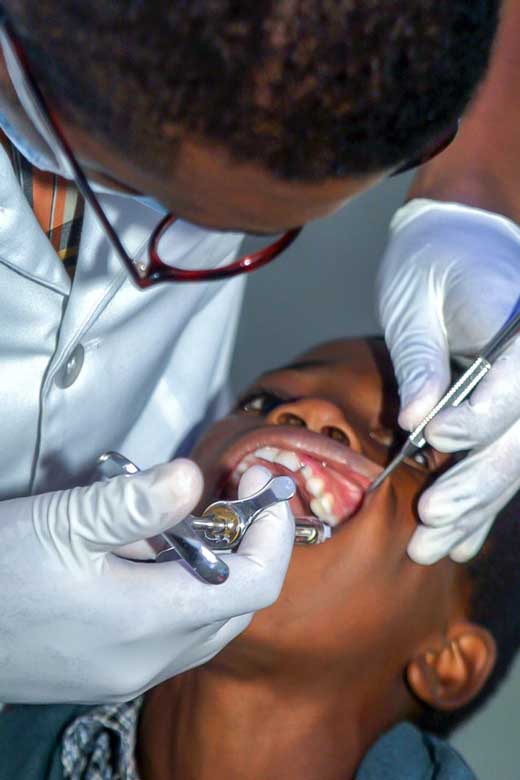
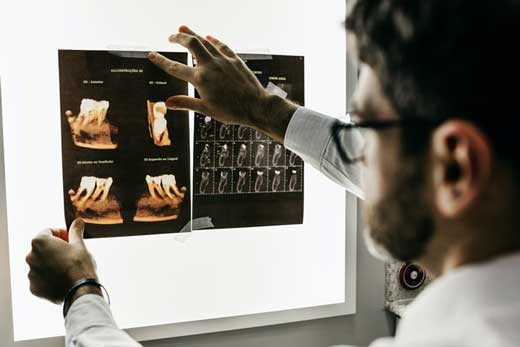
Certain Wisdom Teeth Extractions
Typically, general dentists perform simple or even more complicated extractions, but refer wisdom teeth extractions to Oral Surgeons. Oral surgeons have a medical and dental degree, and further training in treating facial trauma, malignancies, malocclusions, and more.
However, here at My Emergency Dental, we are able to extract wisdom teeth as long as they are erupted. We do perform certain impacted wisdom teeth extractions, but this is on a case-by-case basis. X-rays are mandatory to determine if the case is something we can do here at our clinic.
Bone Spur Removal
Sometimes, after an extraction, small fragments of jaw bone can be dislodged from the extraction site and get stuck in your gums. If you feel something sharp in the area after the gums have healed over the extraction site, it could be a small piece of bone that needs to be removed by a dentist.
Don’t hesitate to call or come in if you feel like something doesn’t feel right in your mouth. Even if it doesn’t require treatment, we are happy to take a look regardless.
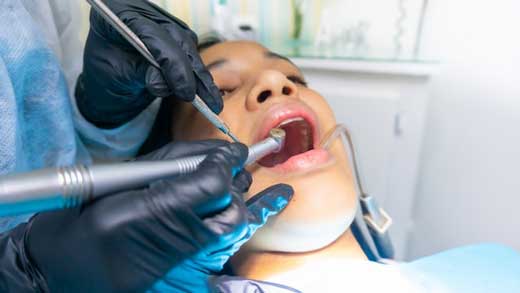
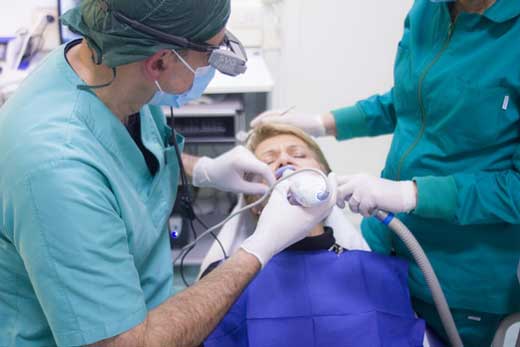
Suture Removal
There are circumstances where sutures are required after a dental procedure. Some sutures dissolve on their own, while others require removal after a few weeks.
Your doctor will inform you of which type of suture they used and if it will dissolve or not.
If you have any questions about this, please do not hesitate to call or come in.
Root Tip Removal
If you have a tooth that broke off due to trauma or a cavity, you may not know that there is a long root that was connected to that tooth that is still under your gum. The root cannot be left there on its own. If you leave it, it will start to decay and cause an infection in your mouth.
If you have broken a tooth and are not sure if the root is still there or not, come on in and let us help you. Your oral health is very important to us!
Intraoral Incision and Drainage of an Abscess
When a cavity gets too big, an infection can occur inside the tooth and eventually make its way out and cause an abscess or swelling.
At this point, it is very important that you receive treatment right away to prevent the spread of infection.
Serious dental infections can cause intense pain, swelling, fever, tender or swollen lymph nodes, and even death, in extreme cases. Don’t wait another minute.
Here at our clinic, we can drain the infection and remove the cause of the infection so it does not recur.
If you are experiencing fever, chills, throat closure, or other life-threatening symptoms, please go to the emergency room first, and then follow up with us to take care of the dental problem.
